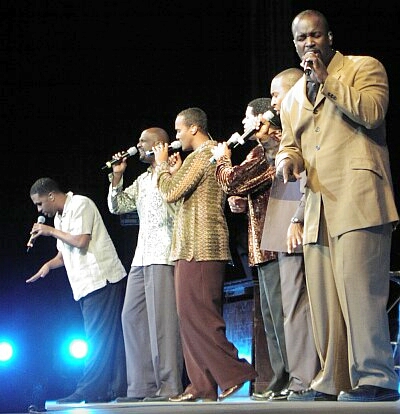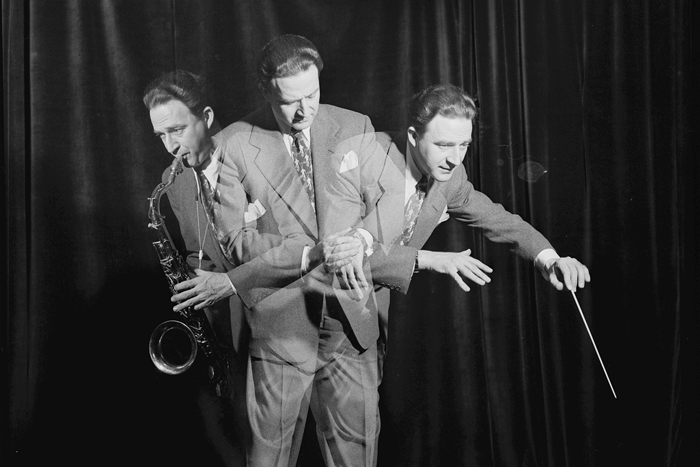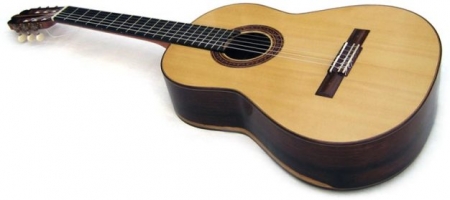Sound around
 What is needed for success in the recording market? How to create your own studio and is it worth dreaming about?
What is needed for success in the recording market? How to create your own studio and is it worth dreaming about?
Musical economy
Conventionally, all the studios can be divided into three types. There are no top-class companies offering the highest quality recording, professional production capable of working with any project – be it a chorus, orchestra, pop group – in Russia.
This is primarily due to finance: investments of about $ 10 million are required.
“It has long been rumored that someone is going to organize such an enterprise in our country,” says Serge Butler, sound producer for Discolife Music. “But I don’t think it will happen in the near future.” Modern recording equipment is very expensive. For example, in the world-famous company Sony Music Studio there were seven hardware, in each of which invested from $ 1 million. ”
For Russia, small middle-class companies are more characteristic, which at first may be enough for $ 200 thousand. But, of course, this is the minimum: sometimes costs can reach $ 1.5 million, especially if it is supposed to work with live music. Depending on the type of work, such companies charge for services from 1,000 to 3,000 rubles per hour.
Primary orders come to them from novice musicians and corporate clients who need to record music or text for advertising. The turnover on this market segment is small – from $ 60 thousand to $ 250 thousand per year.
And the third type is a home audience that everyone can organize if they wish: equipment costs are minimal, you do not have to pay for the rent of a room. This is theseven hardware recording option: it’s enough to pay 300-500 rubles per hour, and at the same time the quality of the recording can be at a fairly high level. Frequently, musicians themselves are written at home, dissatisfied with the services of larger companies.
The annual turnover of home recording studios reaches, at best, up to $ 50 thousand, and it is not possible to calculate their real number. In Moscow, according to various sources, there are 200 to 300 home and medium-sized studios.
“It’s a lot,” says Serge Butler. “But the development of the market is not happening: some firms are closing, others are opening, and they do not bring anything fundamentally new.”
This situation is a direct result of demand: if the recording studio is 85% loaded, then this is already very good. Moreover, three quarters of orders are accounted for the cheapest types of work – vocal recording and mastering (the process of preparing and transferring a recorded phonogram to any carrier for subsequent replication). And this automatically means a low profitability of the business, an average of 10%.
“The newcomer will have to wait several years to return the invested funds,” warns the general director of the phonograph recording company Sergey Zhilin. “And there is no question of this business bringing in a normal income.”



